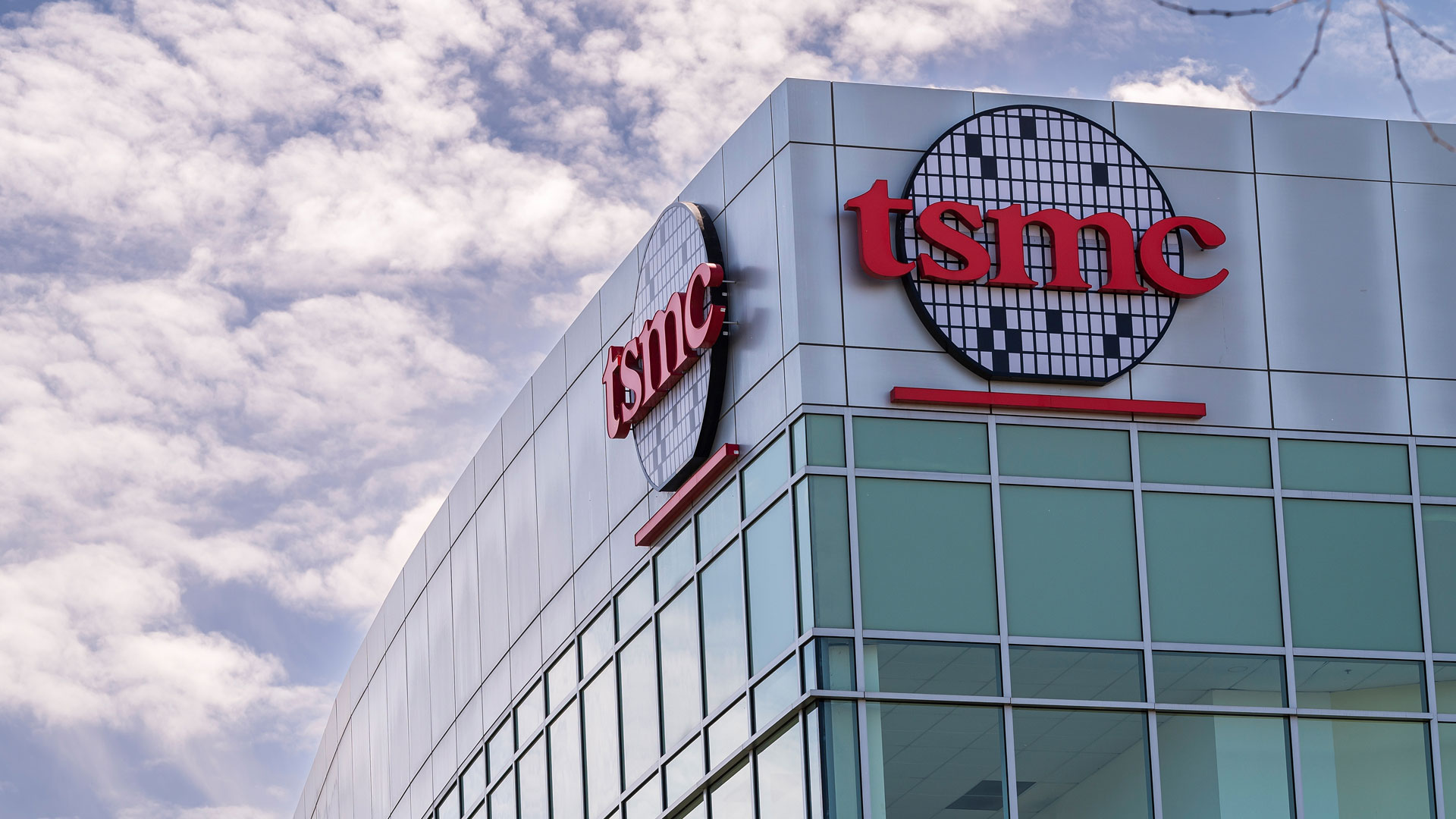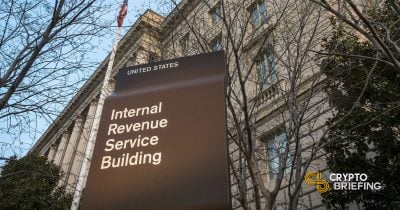TSMC has responded to a report that it is delaying its Japan fab in favor of faster buildouts in the United States. According to a report from the Wall Street Journal, citing sources familiar with the matter, TSMC is slowing its spending on chipmaking facilities in Japan to accelerate the buildout of its Fab 21 site in Arizona, in anticipation of potential tariffs imposed on chips made in Taiwan by the U.S. government. In a statement sent to Tom's Hardware, TSMC indicated that its major investments in its Arizona site will not impact plans for its Germany and Japan chipmaking plants.
"TSMC does not comment on market rumor," a TSMC spokesperson told Tom's Hardware. "TSMC's global manufacturing expansion strategy is based on customers' needs, business opportunities, operating efficiency, the level of government support and cost economic considerations. Our investment plans in the U.S. will not impact our existing investment plans in other regions."
The first rumors about TSMC slowing down spending on its Fab 23 phase 2 (JASM phase 2) near Kumamoto, Japan, and Fab 24 phase 1 (ESMC phase 1) near Dresden, Germany, to prioritize spending on its Fab 21 site in Arizona as well as speed up Fab 21 phase 2 equipment, emerged several weeks ago.
Earlier this week, we heard that TSMC was bringing its N3-capable Fab 21 Phase 2 online in 2027 (several quarters ahead of schedule), while slowing down its projects in Germany and Japan.
While plans tend to change, these changes are not always interconnected, especially given the different stages of these projects, as well as TSMC's vast capital expenditure (CapEx) budget of $32 billion to $42 billion and its massive capacity buildout plans.
Let's take a look at TSMC's most recent updates on its projects in the U.S., Germany, and Japan, starting with the U.S.
TSMC's Arizona Fabs
TSMC had already confirmed earlier this year that it was speeding up the start of high-volume production at Fab 21 Phase 2 due to demand from its clients. The plan is to pull in the HVM start date from the original schedule in 2028 by several quarters, which could mean 2027.
TSMC has reached the 'topping milestone', currently outfitting the fab with various mechanical, electrical, plumbing, air filtration, air conditioning, and other systems. The next major stage for this project will be the installation of actual semiconductor production equipment. Equipment procurement and installation is the most capital-intensive (expensive) stage of every fab project.
"The construction of our second fab, which will utilize the 3nm process technologies, is already complete, and we are working on speeding up the volume production schedule, based on the strong AI-related demand from our customers," said C.C. Wei, chief executive and chairman of TSMC, in the company's Q1 2025 conference call.
The company also intended to start constructing shells for Fab 21 phase 3 and phase 4 later in 2025, with the aim of starting production there later this decade.
"Our third and fourth fab will utilize N2 and A16 process technologies, and with the expectation of receiving all the necessary permits, is scheduled to begin construction later this year," said Wei.
In fact, Bloomberg reported in late April that the company indeed began to build its 'third fab in Arizona,' though it is unclear whether it began to prep land, or actually broke ground (e.g., poured in the foundation), though considering that TSMC did not have all the necessary permits as of April 17, it looks like it only started prepping the land for the facility.
TSMC's Japan Operations
TSMC's first fab in Japan — Fab 23 phase 1 — started mass production of chips in late December 2024. The company intended to start construction of its Fab 23 phase 2 earlier this year, but the schedule slipped due to a lack of proper local infrastructure.
"The construction of our second specialty fab is scheduled to start later this year, subject to the readiness of the local infrastructure," Wei said at the conference call with analysts and investors.
The WSJ report cites local traffic as a reason for the setback. A representative from the Japanese government stated that officials had not received direct communication from TSMC, citing local traffic as the reason for the delay. The spokesperson also expressed skepticism that such conditions were the reason. Nevertheless, the government believes that the fab's production timeline and output goals will remain generally unchanged.
Land preparation and shell construction are the least capital-intensive stages of building semiconductor production facilities, meaning this phase is comparatively low-cost. Therefore, it does not make sense to slow down any of this in a bid to speed up another project, unless a company lacks funds, which is not the case with TSMC.
TSMC's Germany Operations
The same applies to TSMC's project in Germany — a joint project with Bosch, Infineon, and NXP, called Fab 24, which is set to come online in late 2027. The company officially started to prepare land for the fab in August 2024. So far, the company has not officially begun building the shell, but constructing a fab building is less expensive than equipping it, so it is unlikely that TSMC would delay the construction start of Fab 24 due to its vast investment project in America.
"We are on track with our plan to build a specialty technology fab in Dresden, Germany," Wei said during the call. "[…] So again, I would emphasize, no, we are not going to slow down our plan in Japan or in Germany."
No impact
TSMC itself declined to comment on rumors about changes to its buildout plans, the company stressed that its fabs come online based on customers' needs and that its expanded investment in the U.S.-based site would not impact its intentions in other countries.
"TSMC does not comment on market rumor," a TSMC spokesperson told Tom's Hardware. "TSMC's global manufacturing expansion strategy is based on customers' needs, business opportunities, operating efficiency, the level of government support and cost economic considerations. Our investment plans in the U.S. will not impact our existing investment plans in other regions."
Follow Tom's Hardware on Google News to get our up-to-date news, analysis, and reviews in your feeds. Make sure to click the Follow button.

 4 months ago
98
4 months ago
98









 English (US) ·
English (US) ·